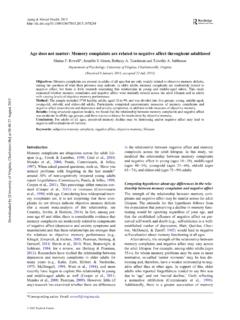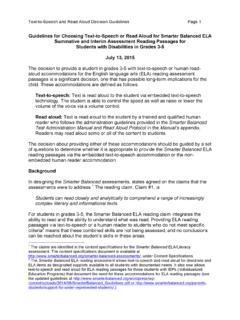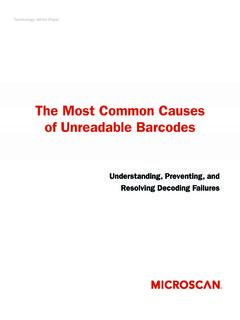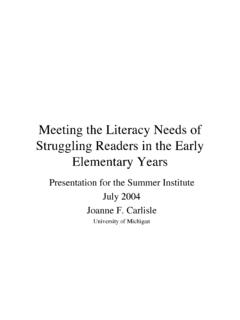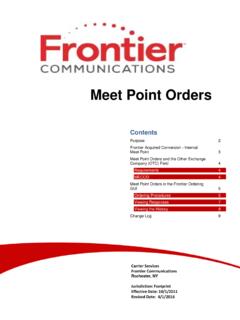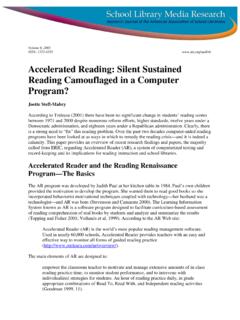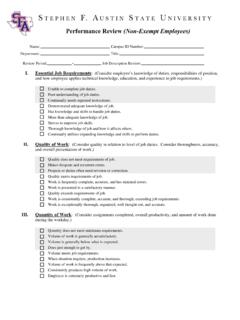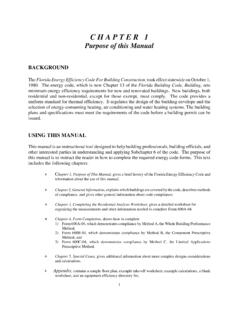Transcription of National Security Law Syllabus - University of Virginia
1 National Security Law Syllabus and Assignments Professor John Norton Moore Georgetown University Law Center Spring 2017 Class Website: * * * * * The justest dispositions possible in ourselves will not secure us against [war]. It would be necessary that all other nations were just also. Justice indeed on our part will save us from those wars which would have been produced by a contrary disposition. But how to prevent those produced by the wrongs of other nations? By putting ourselves in a condition to punish them. Weakness provokes insult and injury, while a condition to punish it often prevents it. Thomas Jefferson from THE PAPERS OF THOMAS JEFFERSON, Letter to John Jay, August 23, 1785 * * * * * 1 National Security Law Syllabus (Assignments begin on page 6) Professor John Norton Moore Spring 2017 Fridays, 5:45-7:45 p m Georgetown University Law Center Room: Hotung 1000 Date Topics January 13 I.
2 Introduction and Context A. Goal Clarification: What is National Security ? B. Principal Theories of International Relations: How well do they work? C. The Causes of War: The State of Human Knowledge D. Traditional Approaches to Preventing War - Diplomacy - Balance of Power - Deterrence - Collective Security - Arms Control - World Federalist - Functionalism and Other January 20 (Inauguration day, no classes meet) January 27 E. The Democratic Peace, Incentive Theory, and Newer Approaches F. Restrictivism or The Minimalist Tradition : Good Motives and Bad Results in a Non-Debate about Law and Deterrence II. The International Law of Conflict Management A. Historical Development of the International Law of Conflict Management February 3 B.
3 Institutional Modes of Conflict Management - The United Nations System: Goals, Structure, and Legal Framework - The Role of the Security Council - Peacekeeping and Peace-Enforcement - Strengthening the United Nations System: Incremental and Utopian Models Moore: National Security Law, Spring 2017, Georgetown Uniiv. Date Topics 2 C. Lawfulness of the Use of Force in International Relations: Jus ad Bellum ( ) 1. The Prohibition of War as an Instrument of National Policy: The Complementary Norms of Aggression and Defense 2. Regional Arrangements and Relevant Provisions of the Rio Treaty and the Revised Charter of the Organization of American States (OAS) 3. Low-Intensity-Conflict, Intervention, Anticipatory Defense, and Other Continuing Problems February 10 Jus ad Bellum ( Part II) 4.
4 Illustrative Case Study: The Indo-China War February 17 5. Illustrative Case Study: The Secret War in Central America On Your Own Review the assigned readings for this section on your own: 6. Illustrative Case Study: The Grenada Mission February 17 (cont d) 7. The Gulf War (1990-91): An Illustrative Case Study of Security Council Action February 24 8. Case Studies in United Nations Peacekeeping and Peace-Enforcing: Yugoslavia (Bosnia-Herzegovina, Croatia, Serbia, Kosovo), Somalia, Haiti, and Rwanda. 9. The September 11 attack, the response in Afghanistan, and the War on Terrorism 10. The War in Iraq: Legal & Policy Issues March 3 D. Human Rights for Contexts of Violence: Norms Concerning the Conduct of Hostilities: Jus in Bello 1. Theoretical and Historical Overview - General Principles - The Law of The Hague, the Law of Geneva, and the 1977 Protocols - Applicable Conventions 2.
5 Conduct of Hostilities and Protection of Non-Combatants: Targeting, Weapons Systems, Belligerent Occupation, and the Law of Neutrality Moore: National Security Law, Spring 2017, Georgetown Uniiv. Date Topics 3 3. Procedures for Implementation and Enforcement (including Reprisals and Protecting Powers) March 10 E. War Crimes and the Nuremberg Principles F. Illustrative Case Studies: War Crimes in the Gulf War and in the Yugoslav (Bosnia-Herzegovina, Croatia, Serbia) Conflict G. The International Criminal Court H. International Terrorism and Its Control: The Events of September 11 and Their Aftermath I. Domestic Terrorism March 17 ** SPRING BREAK March 12-19 No classes meet ** March 24 III. Strategic Stability and Arms Control & American Security Doctrine A.
6 Theoretical and Historical Overview B. Nuclear Weapons and Their Effects C. Strategic Arms Limitation Talks (SALT I & II) and Strategic Arms Reduction Talks (START I, II, & III) and Resulting Treaties and Agreements D. Mutual Balanced Force Reduction/Conventional Armed Forces in Europe Talks (MBFR/CFE) and Theater Nuclear Force/Intermediate-Range Nuclear Force Talks (TNF/INF) and Resulting Treaties E. Contemporary Issues: Nonproliferation and Counterproliferation of Nuclear, Chemical, and Biological Weapons and Ballistic Missiles - Non-Proliferation Treaty (NPT), July 1, 1968 and recent review conference - Chemical Weapons Convention (CWC), January 13, 1993 - Biological Weapons Convention, April 1972 - Missile Technology Control Regime (MTCR) - Comprehensive Test Ban Treaty (CTBT) 1993-2006 North Korean Violation of NPT as a Case Study F.
7 United States-Russian Strategic Cooperation G. The Debate about National Missile Defense Moore: National Security Law, Spring 2017, Georgetown Uniiv. Date Topics 4 March 31 IV. National Institutional Framework A. The Constitutional Framework for the Division of National Security Powers Between Congress and the President 1. Historical Background and General Principles 2. The Authority of Congress and the President to Conclude, Interpret, and Terminate Agreements Relating to National Security 3. The Dual vs. Unitary Theory Debate Arising from the Broad-Narrow Issue in Interpreting the Anti-Ballistic Missile (ABM) Treaty April 7 4. The Authority of Congress and the President to Use the Armed Forces 5. The War Powers Resolution Guest Speaker: Robert F.
8 Turner Associate Director, Center for National Security Law B. The National Security Process April 14 ** EASTER BREAK April 14-16 No classes meet ** April 21 C. Secrecy, Access to Information, and the Classification System D. Intelligence and Counterintelligence V. Individual Rights and Accountability A. Freedom of Expression, Protection of Privacy, and National Security 1. The First Amendment of the United States Constitution and National Security 2. The Fourth Amendment of the United States Constitution and National Security B. Detainee Rights Moore: National Security Law, Spring 2017, Georgetown Uniiv. Date Topics 5 On Your Own Review the suggested readings for this section on your own: C. National Security Violations April 28 VI.
9 Other National Legal Issues A. Homeland Security B. Law and Warfare in the Cyber Domain On Your Own Review the suggested readings for sections C and D on your own: C. The Environment and National Security D. Security Aspects of Oceans Law April 28 (cont.) VII. Economic Sanctions and Export Controls A. An Introduction to Economic Sanctions B. An Introduction to Export Controls Classes end April 29, 20176 National Security Law Assignments Professor John Norton Moore Spring 2017 Fridays, 5:45-7:45 pm Georgetown University Law Center Room: Hotung 1000 School of Law Texts for Reading Assignments Casebook: National Security LAW & POLICY, 3RD Ed.
10 (John Norton Moore, Guy B. Roberts, and Robert F. Turner eds., 2015). Available at the law school bookstore. [required purchase] Documents: National Security LAW DOCUMENTS, 2ND Ed. (John Norton Moore, Guy B. Roberts, and Robert F. Turner eds., 2006). Available at the law school bookstore. [optional purchase, copies on reserve] UN Charter: CHARTER OF THE UNITED NATIONS. Available at the law school bookstore. Also available online at Course reader : Selected readings (Part I & Part II) compiled by Professor Moore for the course. Copies available at the Copy Center. Optional Readings: Some readings throughout the Syllabus are marked optional. These readings provide additional background information and can be used to get a more comprehensive understanding of the topic.

